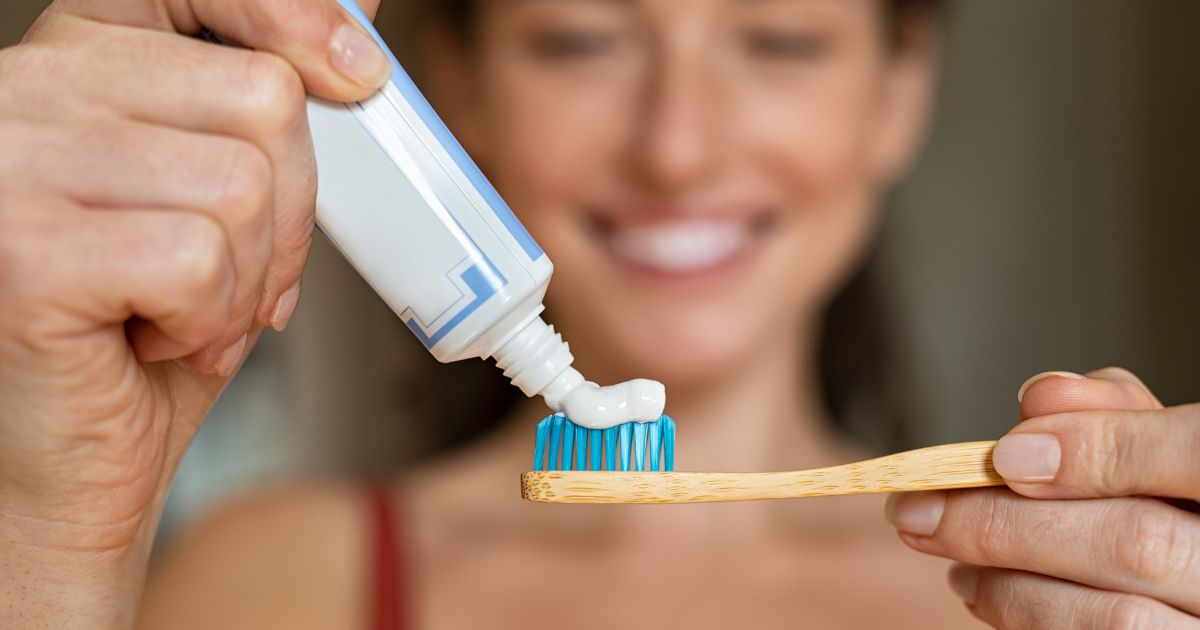
Do Whitening Toothpastes Actually Work?
A gleaming, self-assured smile is one of the best accessories anyone can possess. For those looking to enhance their grin at home, whitening toothpastes are everywhere these days, promising a brighter smile with daily use. But how do they really compare to other whitening methods, and what should you know before adding one to your routine?
What Makes Them Different?
Most whitening toothpastes contain mild abrasives that help polish the surface of your teeth. Some may also include ingredients like hydrogen peroxide or baking soda, which are designed to help lift surface stains caused by things like coffee, tea, or red wine. These toothpastes do not change the natural colour of your teeth or reach deeper layers where certain stains may sit.
What You Might Notice
With regular use, whitening toothpastes may help reduce surface discolouration over time. That said, results vary from person to person. Factors like brushing habits, diet, and the natural colour of your teeth can all play a role. They are best used as part of a consistent oral care routine, not as a quick fix. (And if you have sensitive teeth, it is worth checking the label or speaking with your dentist first.) It is also important to avoid overuse, as excessive scrubbing can wear down enamel over time.
Other Options to Consider
If you’re looking for more noticeable whitening, your dentist may discuss other options such as professional treatments or take-home kits. Whitening toothpastes can be a helpful starting point or a way to maintain results between appointments. Pairing them with healthy brushing habits and regular cleanings may support longer-term results.
Not sure if a whitening toothpaste is right for you? Book a dental visit and get personalised guidance based on your smile and goals.
